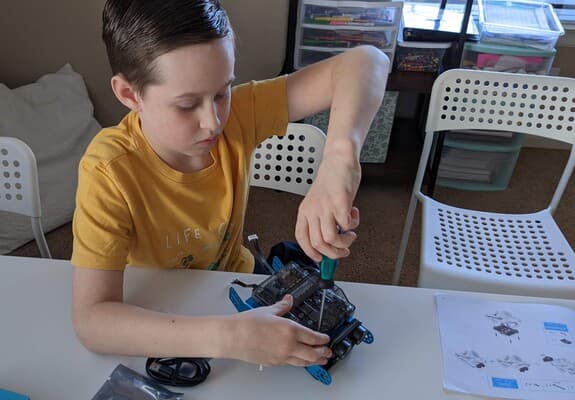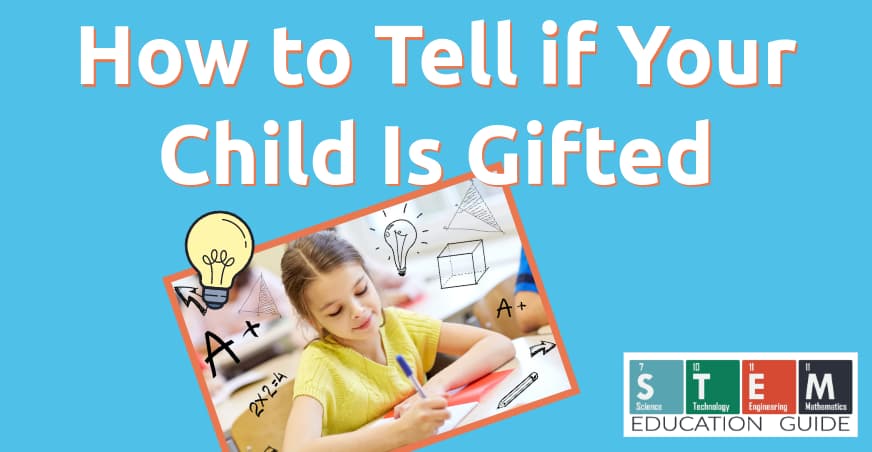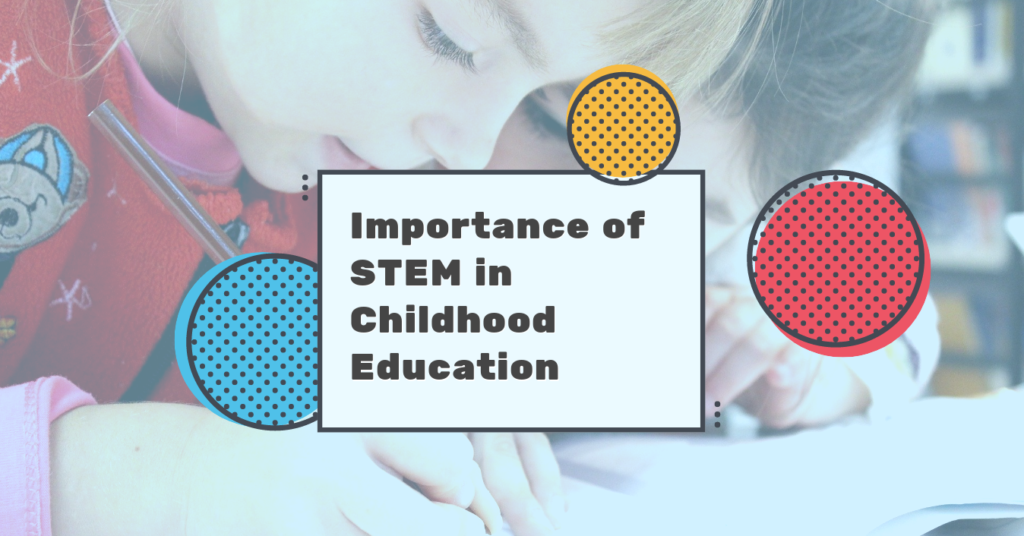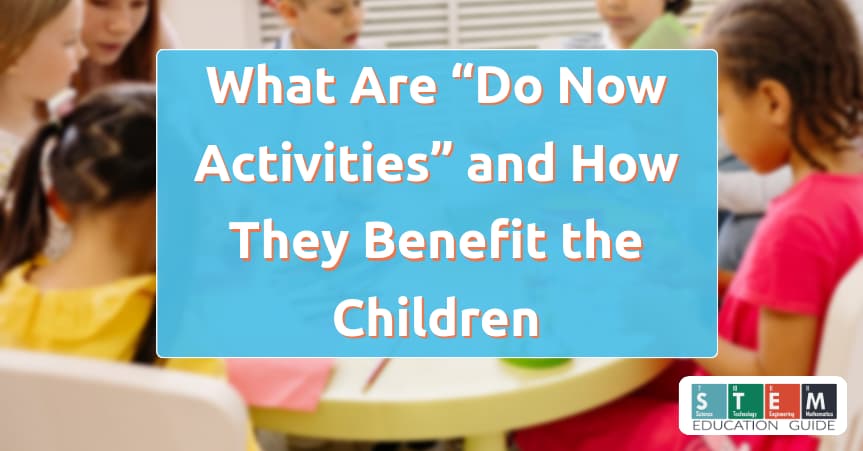Is your child gifted?
You love all of your children equally, and you may feel that labeling one of them as ‘gifted’ will put an unfair focus on that child. Or, perhaps, you feel that telling your child they are gifted may inflate their ego.
Despite these misgivings, identifying your child as gifted is an important step for their social, emotional, and intellectual growth. For more in-depth reading on this, the National Association for Gifted Children (NAGC) identifies specific examples from these categories of needs in their gifted children’s bill of rights.
A gifted child may need to interact with children who have similar levels of interest as they do. If they have begun reading and absorbing new ideas earlier than children of similar ages, they may become frustrated or even ostracized when other children do not reciprocate their interests.
Gifted children often experience issues such as emotional sensitivity or the inability to tolerate certain stimuli. Identifying giftedness in your child can help you navigate your child’s needs and emotions.
Without being challenged, gifted children can become restless, bored, and detached from their education. They may need advanced coursework in one or more areas in order to get adequate mental stimulation.
Table of Contents
How Young Can You Tell if Your Child Is Gifted

Because children under six vary greatly in the speed at which they learn, it is difficult to infer meaning from advancement at this level of education.
After age six, your child may show more easily recognizable signs of being gifted. At this point, their abilities may be accurately measured using both observations and diagnostic tests.
How important of a role does STEM play in a child’s education? Please join in the discussion in our article, The Importance of STEM in Childhood Education.
Signs of a Gifted Child
Tests can only go so far in determining giftedness, especially when considering children who are not fluent in the testing language, have disabilities, or experience social or economic barriers to testing.
Gifted children may be advanced in cognitive, creative, and/or emotional realms. They may have multiple areas in which they are advanced, or their giftedness may take only one form.
Cognitive traits may include a strong memory, complex problem-solving abilities, and early reading skills. Your child may ask questions that convey a surprisingly deep understanding of the world around them. They may learn new skills with little effort and practice.
Creative traits of gifted children may include daydreaming, telling complex stories, and even writing poems at a young age. Children with advanced creativity may be skilled at art and abstract thinking. Their imaginations will likely be vivid, and they will display their curiosity by asking frequent questions and/or experimenting with their surroundings.
Emotional traits of gifted children include an early grasp of the concept of justice, as well as sharp reasoning skills specifically relating to societal and human interactions. Emotionally gifted children are often highly sensitive and introspective. If your child is advanced in this area, it is important not to disregard their intense emotions.
How Do You Educate a Gifted Child

As mentioned previously, gifted children may require academic challenges above that of their peers in order to avoid becoming complacent and bored with their education. The most important thing to remember in educating a gifted child is to pay attention to their needs.
This is both easier and harder to do as a homeschool parent. It is easier because you have more one-on-one contact with your child than a public school teacher may, and it is harder because it can be hard to zoom out and take in the big picture of your child’s day-to-day moods and wishes.
It may be helpful to have conversations with your child about any frustrations or successes they are having with school. If they are avoiding a particular subject, or if their mood seems to change when you bring a certain textbook or activity out, ask them why.
Give them time to answer; do not put words in their mouth.
If your child speeds through a particular subject, find a more challenging resource for them in that area. You may want to consider seeking a co-op teacher or online class if your child’s learning outpaces your own understanding of a topic.
For creatively gifted children, provide them with art lessons, supplies, books, and maybe even a small ‘studio’ area. This will emphasize to your child that you are paying attention to their needs. It may take some time for your child to discover which creative form is best for them, so there is no need to splurge on particularly expensive tools when they are very young.
Emotionally gifted children, especially those with emotional sensitivity, may benefit from journaling or communicating their thoughts regularly in some way. They may also benefit from mood-stabilizing activities such as deep breathing exercises or regular meditation.
What are Do Now Activities? They provide meaningful thinking and learning for school-aged kids. Please take a look at our article, What Are “Do Now Activities” and How They Benefit the Children.
Wrapping Up
Remember not to be nervous to seek outside guidance from an education expert if you suspect your child is gifted. Gifted children require a challenge to avoid growing detached. Also, do not shy away from discussing their education directly with them.
Barring significant advancement, it is difficult to label children under six as gifted, simply because rates of development vary greatly among children. If your child is gifted, they may show signs of creative, cognitive, or emotional advancement.
You may need accelerated resources, challenging coursework, or outside teachers to provide a nurturing education for your gifted child. Remember to involve them in their education by communicating regularly with your child about what is difficult for them and what comes easily.
Make a note of their moods, as well as any direct requests they make regarding their education.










